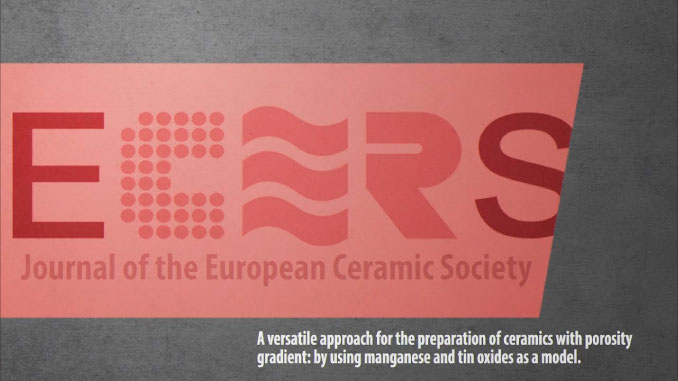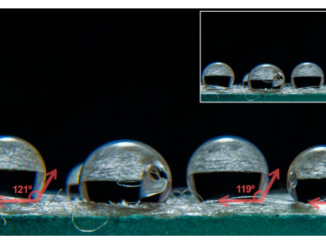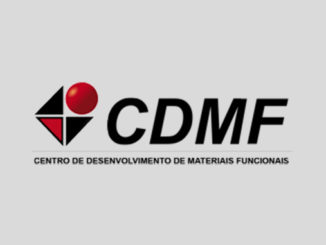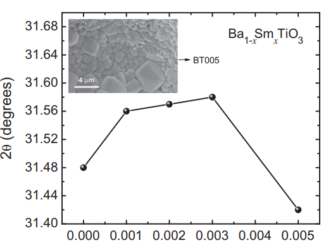
A versatile approach for the preparation of ceramics with porosity gradient: by using manganese and tin oxides as a model.
Abstract: Porous ceramics that exhibit porosity gradient are considered promising materials from the industrial point of view, especially for the production of ceramic membranes and filters. This paper describes a simple and versatile approach to produce ceramics with porosity gradient. In order to perform this study, MnO2/SnO2 bi-layered pellets were conformed via uniaxial pressure and sintered at 1100 degrees C and 1300 degrees C for different times. MnO2 layer had the role of sintering aid, while the SnO2 layer was chosen as ceramic matrix subjected to the densification. The field emission scanning electron microscope (FE-SEM) was employed to obtain information on the micro structural features of these pellets. FE-SEM micrographs revealed that the overall percentage of porosity, pore size and shape in SnO2 layer can be controlled by sintering variables (temperature and time). The results indicated a correlation between the porosity gradient in SnO2 with the Mn concentration gradient in this matrix.
Authors: Julio Cesar Sczancoski, Edson Roberto Leite.
Journal of the European Ceramic Society
Volume 38, Issue 4, April 2018, Pages 2027-2034




